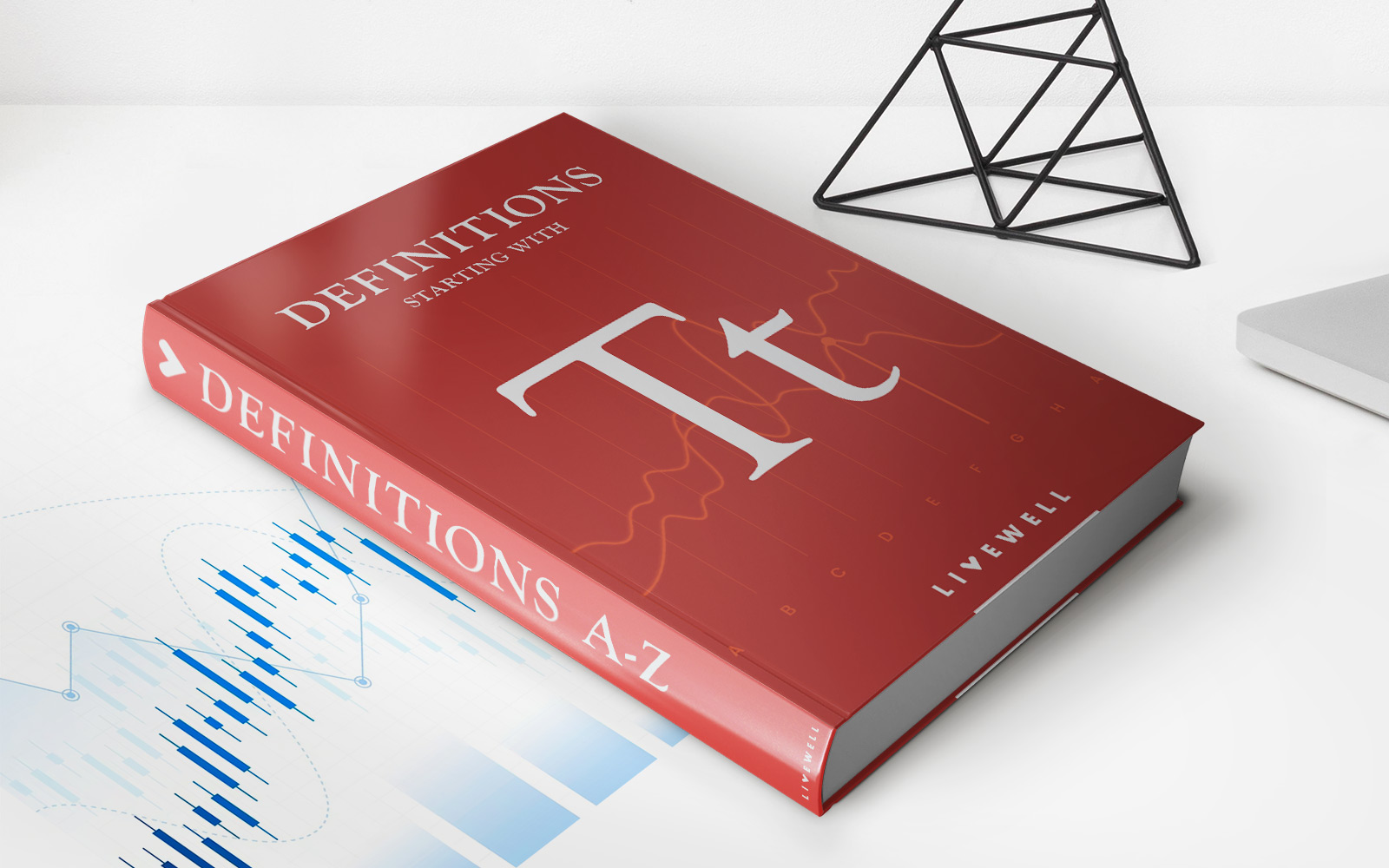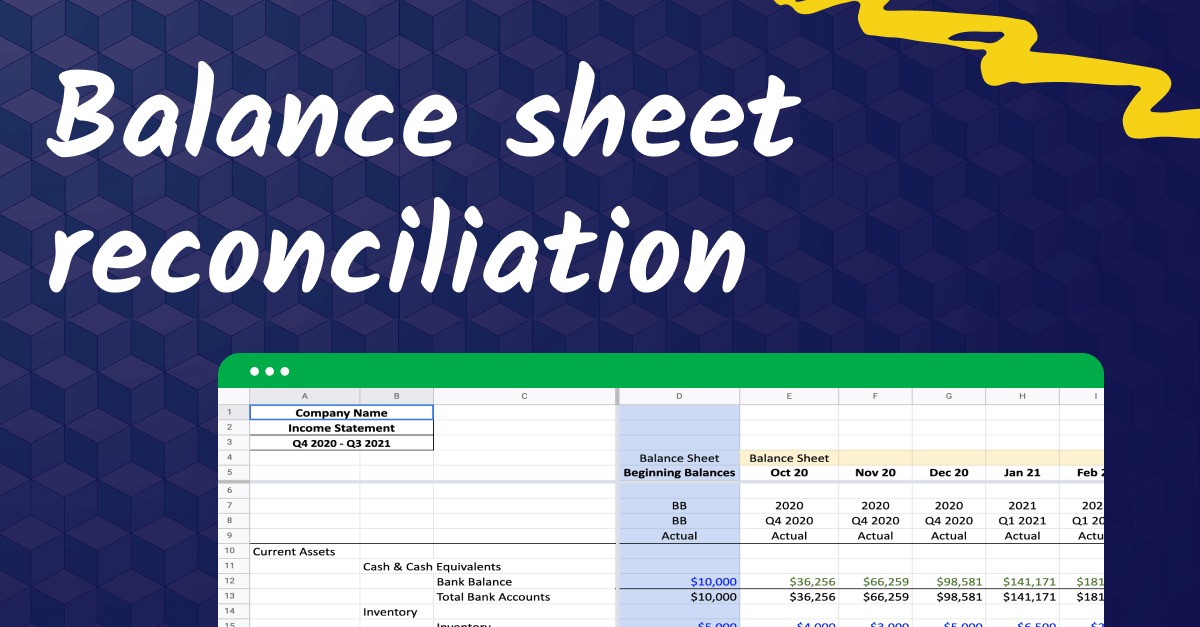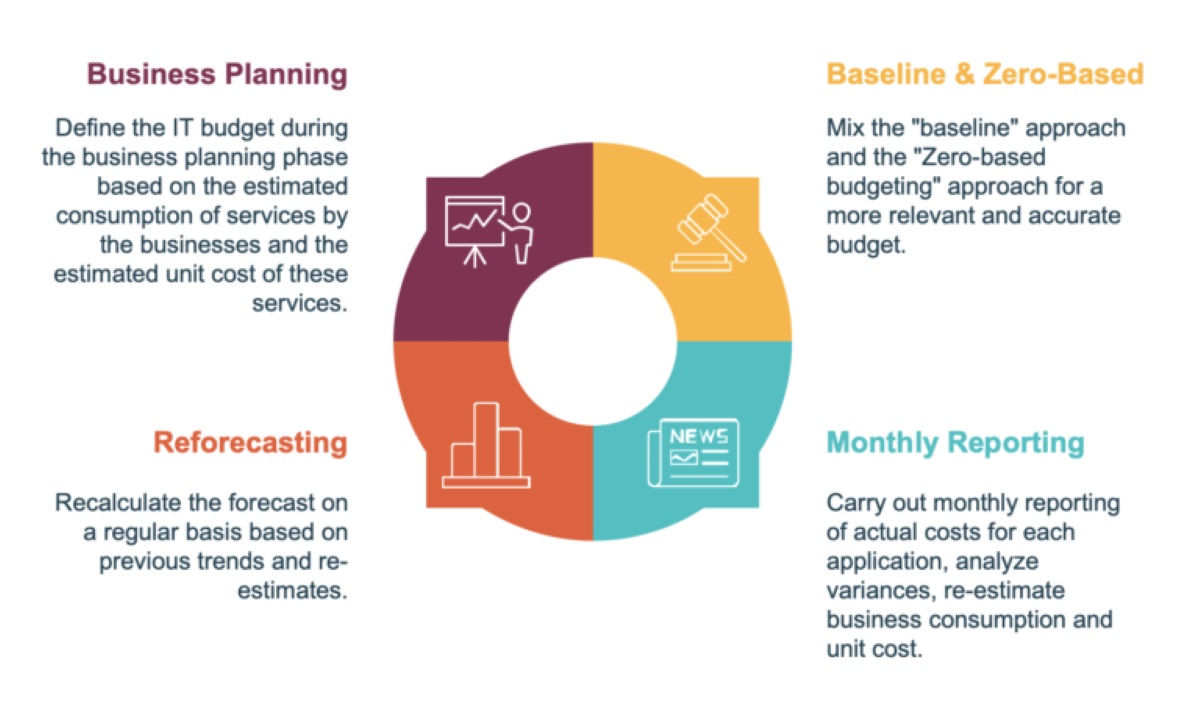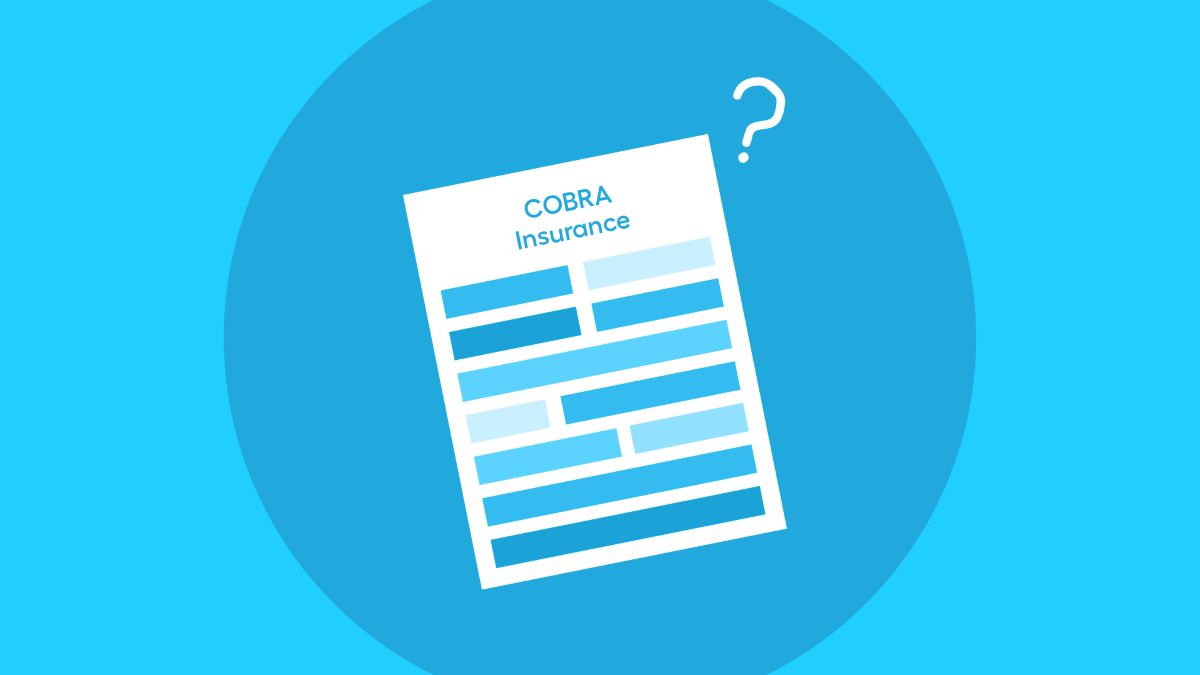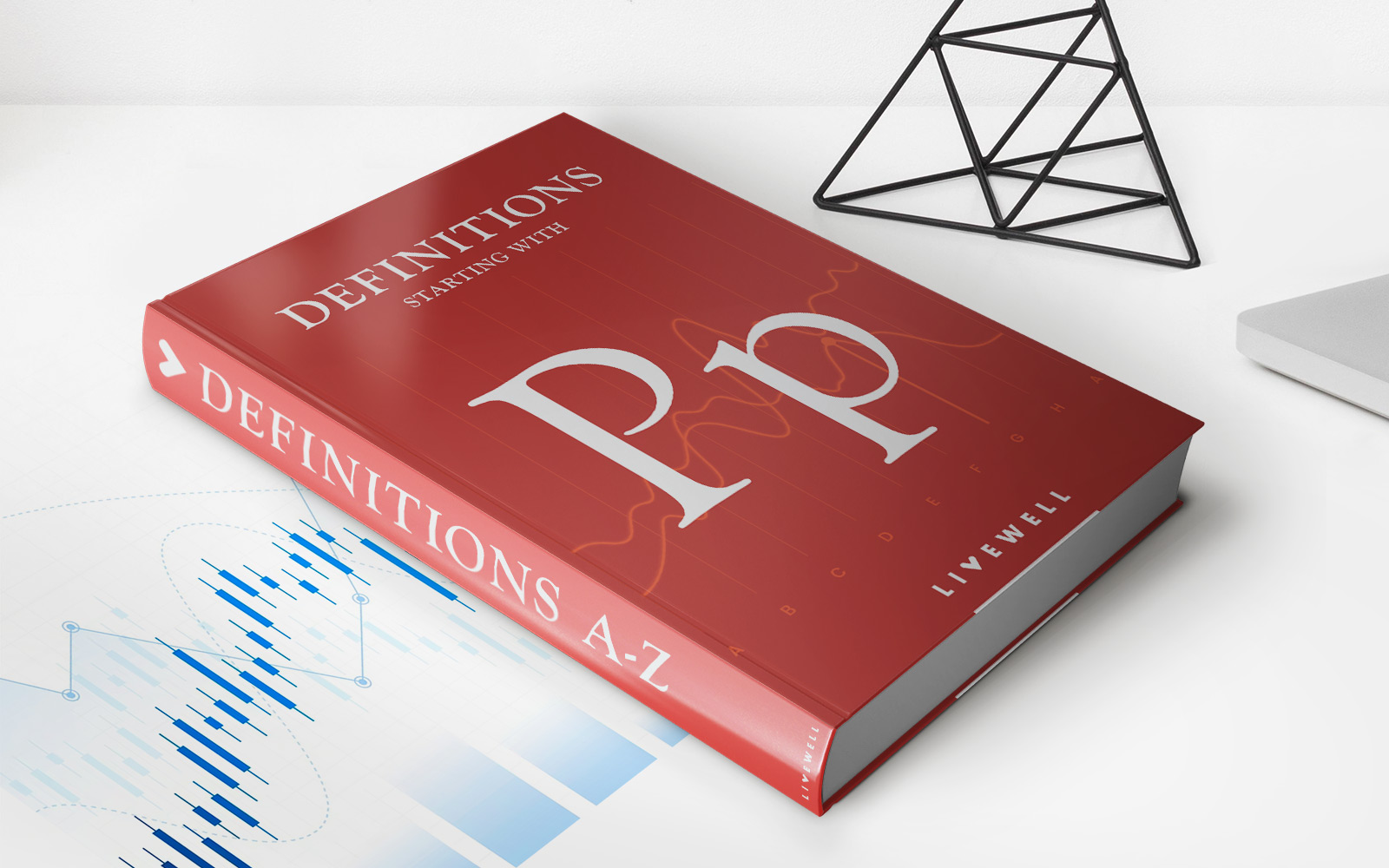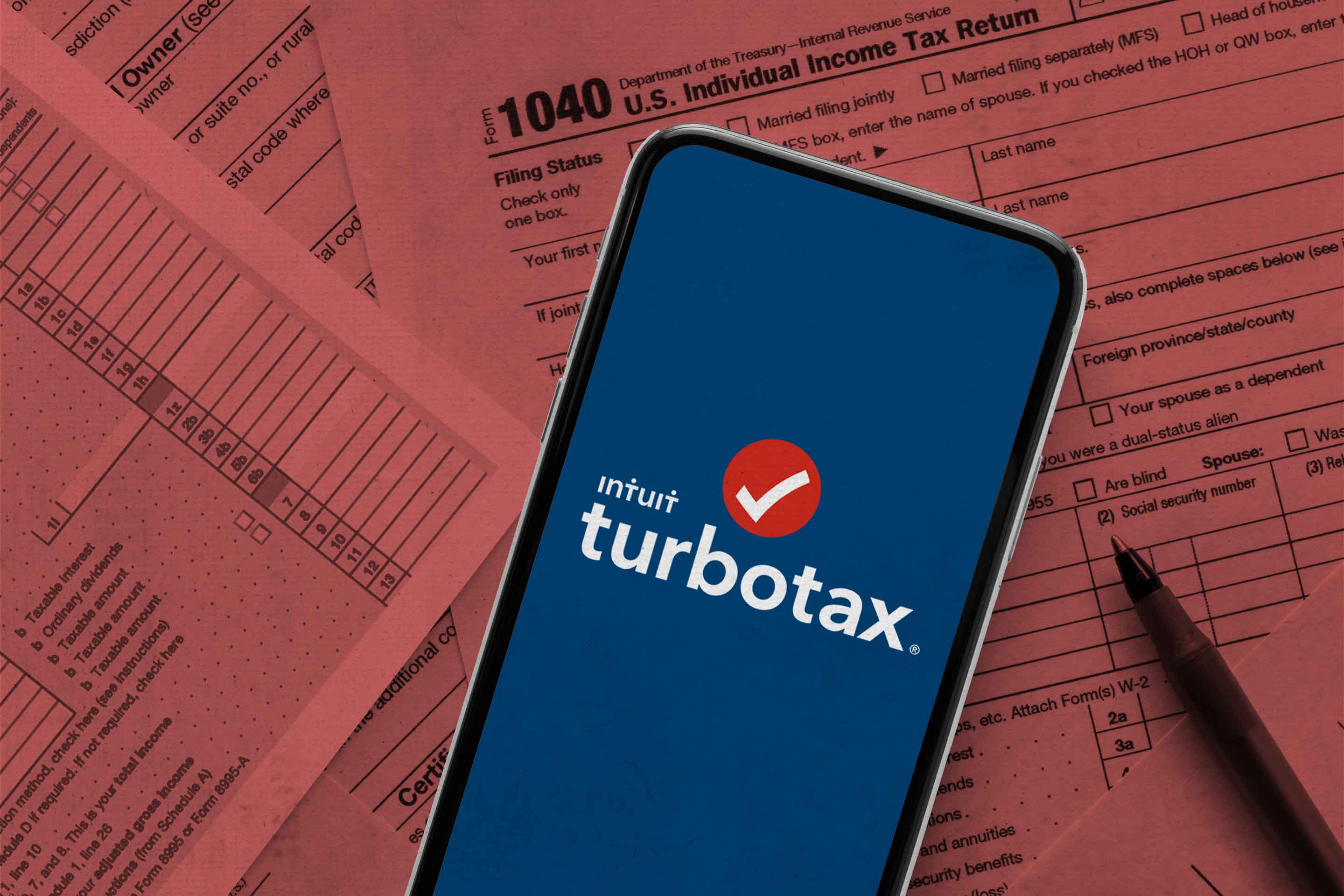Home>Finance>Consolidated Omnibus Budget Reconciliation Act (COBRA) Definition


Finance
Consolidated Omnibus Budget Reconciliation Act (COBRA) Definition
Published: November 1, 2023
Learn about the Consolidated Omnibus Budget Reconciliation Act (COBRA) definition and its impact on finance, ensuring transparency and financial accountability.
(Many of the links in this article redirect to a specific reviewed product. Your purchase of these products through affiliate links helps to generate commission for LiveWell, at no extra cost. Learn more)
Understanding COBRA: What You Need to Know
When it comes to navigating the complex world of finance, staying informed is key. This is especially true when it comes to topics like the Consolidated Omnibus Budget Reconciliation Act (COBRA). So, what exactly is COBRA, and why does it matter? In this blog post, we’ll break it down for you, providing a comprehensive overview and answering all of your burning questions.
Key Takeaways
- COBRA allows employees to continue their health insurance coverage after experiencing a job loss or certain life events.
- Understanding the intricacies of COBRA is essential to make informed decisions about your healthcare coverage.
1. What is COBRA?
The Consolidated Omnibus Budget Reconciliation Act, commonly known as COBRA, is a federal law passed in 1985. It provides employees with the opportunity to continue their employer-sponsored health insurance coverage for a limited period of time after certain qualifying events, such as job loss, reduction in work hours, or life events like divorce or death of a covered employee.
2. Who is eligible for COBRA?
Eligibility for COBRA coverage depends on various factors, including the size of the employer and the reason for the loss of coverage. Generally, employees who work for companies with 20 or more employees are eligible for COBRA. Additionally, dependents covered under the employee’s health insurance plan may be eligible as well.
3. How long does COBRA coverage last?
The duration of COBRA coverage can vary depending on the circumstances. In most cases, COBRA coverage lasts for up to 18 months. However, certain events may allow for an extension of coverage up to 36 months. It’s important to note that COBRA coverage usually comes at a higher cost than regular employer-sponsored health insurance, as the employee is responsible for the premium without the employer’s contribution.
4. Why is COBRA important?
COBRA is an essential safety net for individuals and families who would otherwise lose their health insurance coverage during a challenging time, such as a job loss or a major life event. By allowing individuals to continue their coverage, COBRA provides a sense of security and peace of mind, ensuring that healthcare needs are still met during these transitional periods.
5. How can I enroll in COBRA?
After experiencing a qualifying event that makes you eligible for COBRA, your employer or plan administrator should provide you with information about the continuation of coverage. You will typically have a specific timeframe, usually within 60 days, to decide whether to enroll in COBRA. It is crucial to understand the terms, conditions, and costs associated with your COBRA coverage before enrolling.
Remember, staying informed about COBRA and your rights as an employee is vital for making the best healthcare decisions for you and your loved ones. If you have any questions or need further guidance, it’s always a good idea to consult with a professional or reach out to your employer’s benefits department.
At the end of the day, having a clear understanding of COBRA empowers you to take control of your healthcare, even during times of uncertainty and change.

